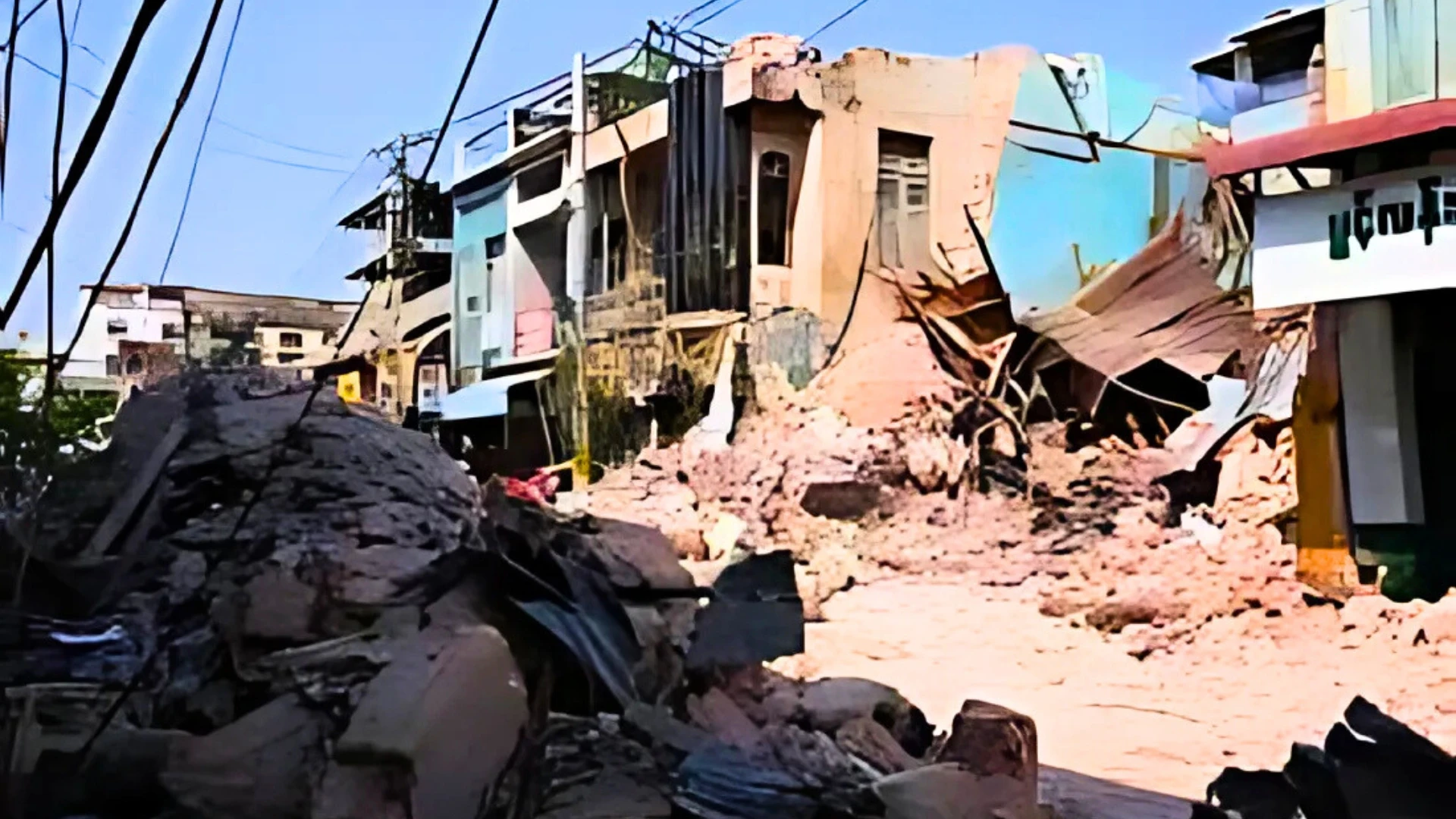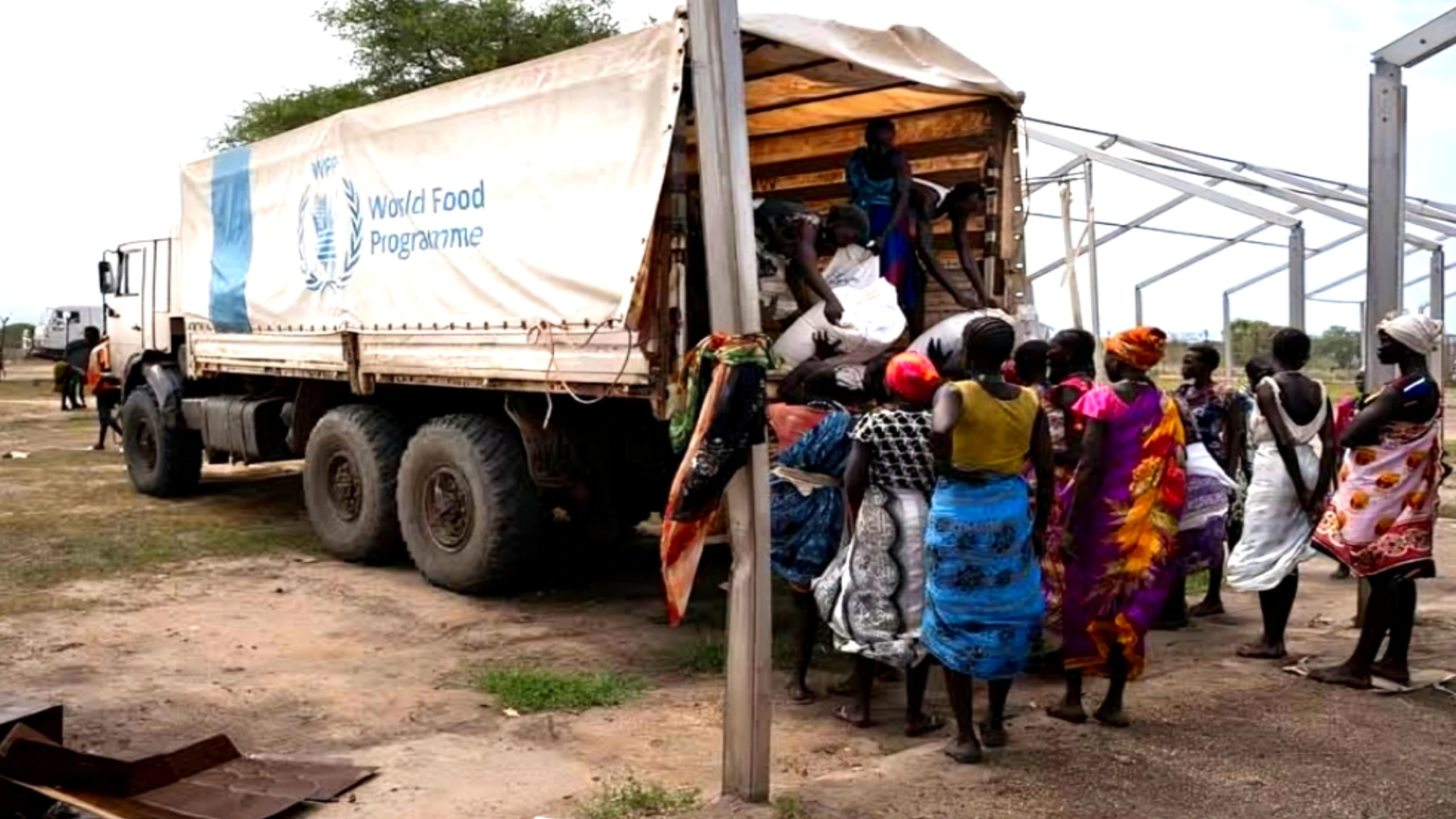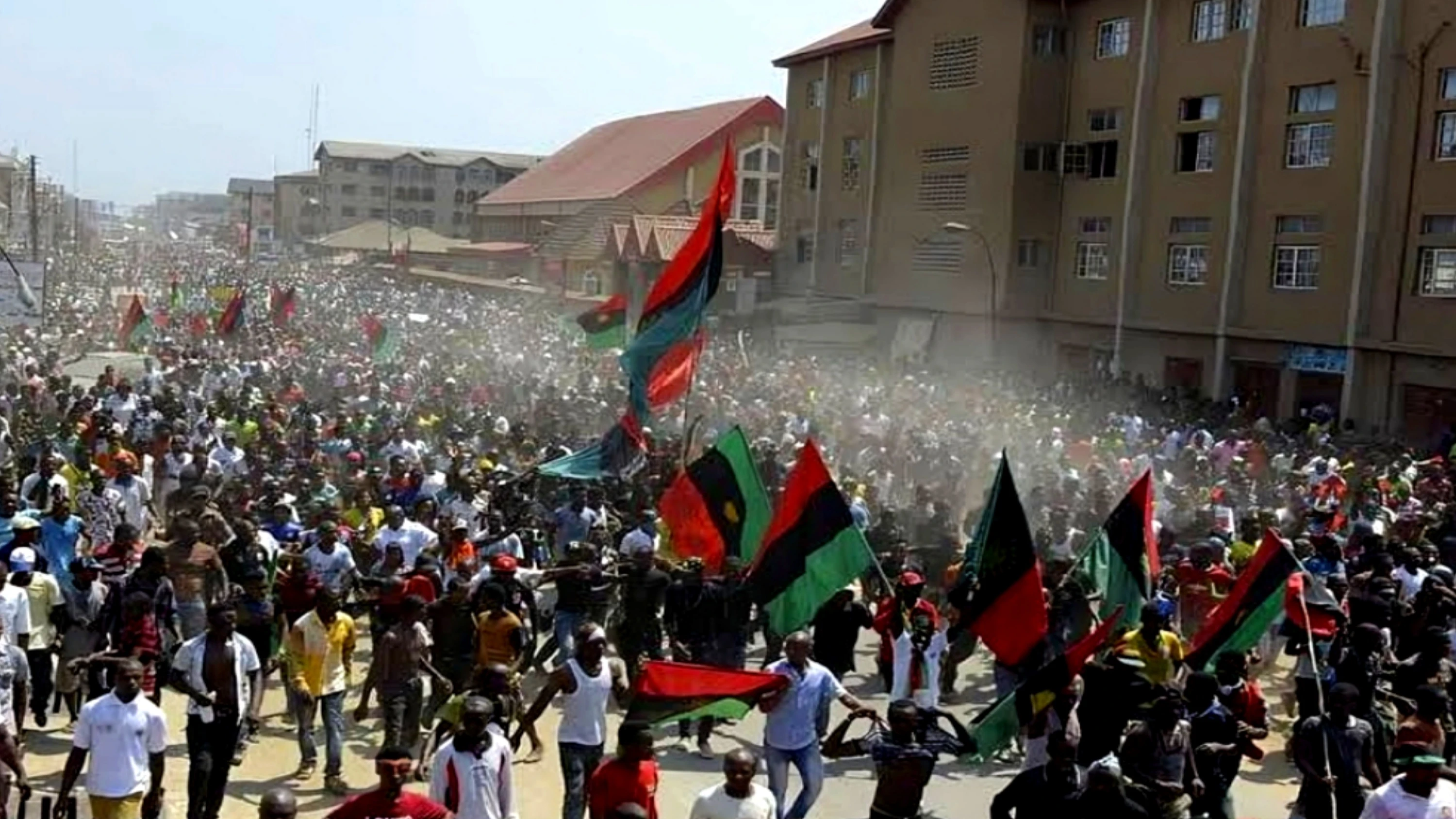Geneva: A series of powerful earthquakes that struck Myanmar on 28 March have left a devastating toll, claiming over 3,800 lives and damaging or destroying more than 55,000 homes across regions including Bago, Kayin, Magway, Mandalay, Southern Shan, Naypyitaw, and Sagaing.
The disaster has further compounded the suffering of communities already displaced by years of armed conflict. As monsoon rains begin early and extreme heat grips the country, the threat of disease looms large. Even before the earthquakes, nearly 20 million people—over a third of Myanmar’s population—were in need of humanitarian aid.
Despite the urgent need for relief and the declared ceasefires by both the ruling military and the opposition National Unity Government, violence has escalated.
UN Human Rights Chief Volker Türk reported at least 243 military attacks, including 171 airstrikes, mainly after 2 April. He strongly condemned the continued assaults and called for an immediate end to hostilities, emphasizing the need to restore democracy and prioritize the rights and well-being of civilians.
“The military must cease all attacks on civilians and civilian infrastructure,” Türk stated, stressing that restoring peace and democratic governance is essential.
Meanwhile, UN humanitarian officials on the ground have described the situation as critical. Speaking from Yangon, interim Humanitarian Coordinator Marcoluigi Corsi highlighted that many people are still without shelter, living in increasingly harsh conditions.
“The suffering is immense,” Corsi said, urging international donors to urgently fulfill their pledges. “Every moment of delay puts more lives at risk.”
Relief agencies have managed to provide water, sanitation, and hygiene services to 600,000 people, food to nearly 500,000, and emergency shelter to over 100,000. However, these efforts are being severely hampered by a lack of funding.
Only $34 million has been received out of the $275 million urgently needed in the humanitarian response plan for 2025—just 12 percent of the target.
The World Health Organization warns that over 450,000 people urgently need medical care, yet only a small fraction have been reached. Cholera risks are rising in nine of the 20 townships most vulnerable to outbreaks, many of which were impacted by the quakes. Stagnant water and debris are also increasing mosquito breeding, raising the threat of malaria and dengue fever.
With medical supplies scarce and health systems under intense pressure, the UN is calling for immediate and large-scale international support.
“The time to act is now,” Corsi emphasized. “Lives are hanging in the balance.”








